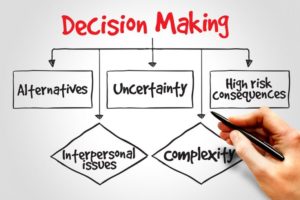Celebrating gratitude seems strange this year, however, misfortune isn’t always a good reason to not give thanks. In fact, Thanksgiving was born from struggle. The holiday’s history is intertwined with the hardships of frontiersmen, Native Americans, and war. In this piece, I will observe the history of these conflicts and will argue that coming together to persevere is important.
Most Americans are told the Thanksgiving story in elementary school. While eating caramel candies and drawing turkey hands, our loving teachers tell us that the very first Thanksgiving took place when the pilgrims and Wampanog’s feasted together at the end of the harvest season in 1621.
There is beauty in this myth. It encourages gratitude for nourishment, and unity with our friends and family. That being said, this story leaves out many important parts of the holiday’s history. Sixteen years after the first Thanksgiving feast, the pilgrims burned a Wampanoag village and killed 500 people, (Blow). William Bradford, governor of Plymouth, reflected on this tragedy saying, “over the next 100 years, every Thanksgiving Day ordained by a Governor was in honor of the bloody victory, thanking God that the battle had been won.” Bradford made Thanksgiving synonymous with the massacre of Native Americans.
How can we celebrate a holiday that is linked to genocide? Thanksgiving is one of the most celebrated American holidays, and yet at its core sits the uncomfortable truth of cultural destruction and prejudice. This can be seen in some of the most famous Thanksgiving art pieces:
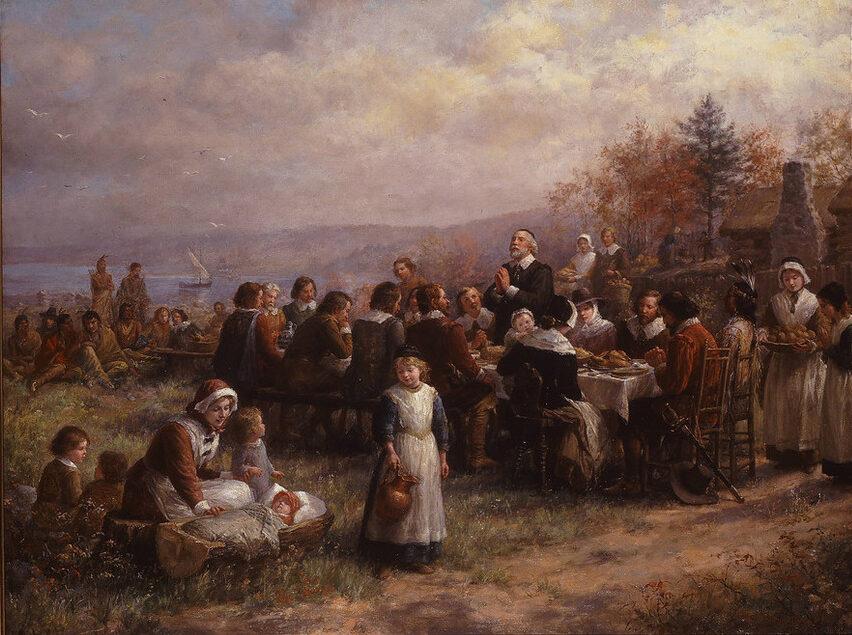
In both of these pieces, there are fewer Wampanoags, they are in the periphery, and are depicted as subservient. In reality, there were more Wampanoags that attended the feast than pilgrims and they supplied more food. These paintings reflect prejudice and are products of the genocide.
As I considered how to grapple with this brutality, I searched for what some Native Americans had to say on the matter. I found some great poems by Sherman Alexie, which I highly recommend. The poet also said the following, “…I guess you could say Thanksgiving is also about survival, look how strong we are,”(Turkewitz). This strength is key to the holiday. Thanksgiving is about struggle, however, it is also about hope, strength, and moving on.
The Wampanoag genocide is one of many times Thanksgiving can be connected to war. Following the American Revolution, George Washington officiated the first official Thanksgiving on November 26th, 1789, (Columbia). After the Civil War, Abraham Lincoln nationalized the holiday. Finally, during WW2, congress recognized Thanksgiving as a holiday that would always take place on the last Thursday of November, (Klapper).
All of these pivotal points in the establishment of Thanksgiving are closely linked to major wars. Each war weakened the country, and politicians knew that they had to keep the country united. National holidays encourage patriotism and unity, which is why establishing Thanksgiving as a national holiday was useful.
Thanksgiving is connected to the human struggle. The pilgrims suffered a harsh winter famine before the first Thanksgiving feast, Native American’s were massacred, and people died in every war associated with the holiday. Thanksgiving has a bloody past. However, celebrating is a way to persevere. Connecting with loved ones and sharing a meal gives us the strength to carry on.
We need strength this Thanksgiving. There is a pandemic, a dramatic political season, and civil unrest. It hasn’t been easy, but it never has been. We need to persist–and while you may not be able to return home for the holidays, I think the best way to find peace is to connect with loved ones. Give someone a call, send a text, and remember you aren’t alone!
Takeaways:
1. Struggle. Thanksgiving is a day linked to struggle. This is evident by its connection to the pilgrims, Native Americans, and war.
2. Hope. Coming together and sharing food makes moving on from hardships easier.
3. Friends and Family. Give your loved ones a call.
4. Activities. Check out these festive poems I found. If you feel like watching some TV, I found a great list of classic Thanksgiving episodes. For movies, check out this link. Finally, here’s a Spotify playlist I’ve had going all morning.
Sources:
Blow, Charles. “The Horrible History of Thanksgiving.” The New York Times, The New York Times, 27 Nov. 2019,
Klapper-Lehman, Sarah, and Simon J. Bronner. “Thanksgiving.” Encyclopedia of American Studies, edited by Simon Bronner, Johns Hopkins University Press, 1st edition, 2018. Credo Reference
“Thanksgiving Day.” The Columbia Encyclopedia, Paul Lagasse, and Columbia University, Columbia University Press, 8th edition, 2018. Credo Reference.
Turkewitz, Julie. “Thanksgiving for Native Americans: Four Voices on a Complicated Holiday.” The New York Times, The New York Times, 23 Nov. 2017.
You can find all of our active coupons at this link. Redeem them here:
By: Erin Zubarik
Hello! My name is Erin Zubarik and I am a junior at New York University majoring in Global Liberal Studies and minoring in Chinese and Italian. Over the last few years I have been lucky enough to study abroad in Florence and Beijing, where I enhanced my language skills and became acquainted with lovely people. This fall I am primarily holed up in my apartment taking online classes, and playing with my hamster Pork Chop. I am very excited to share my cooking and relationships series this fall on Campus Clipper!
For over 20 years, the Campus Clipper has been offering awesome student discounts in NYC, from the East Side to Greenwich Village. Along with inspiration, the company offers students a special coupon booklet and the Official Student Guide, which encourages them to discover new places in the city and save money on food, clothing, and services.
At the Campus Clipper, not only do we help our interns learn new skills, make money, and create wonderful e-books, we give them a platform to teach others. Check our website for more student savings and watch our YouTube video showing off some of New York City’s finest students during the Welcome Week of 2015.






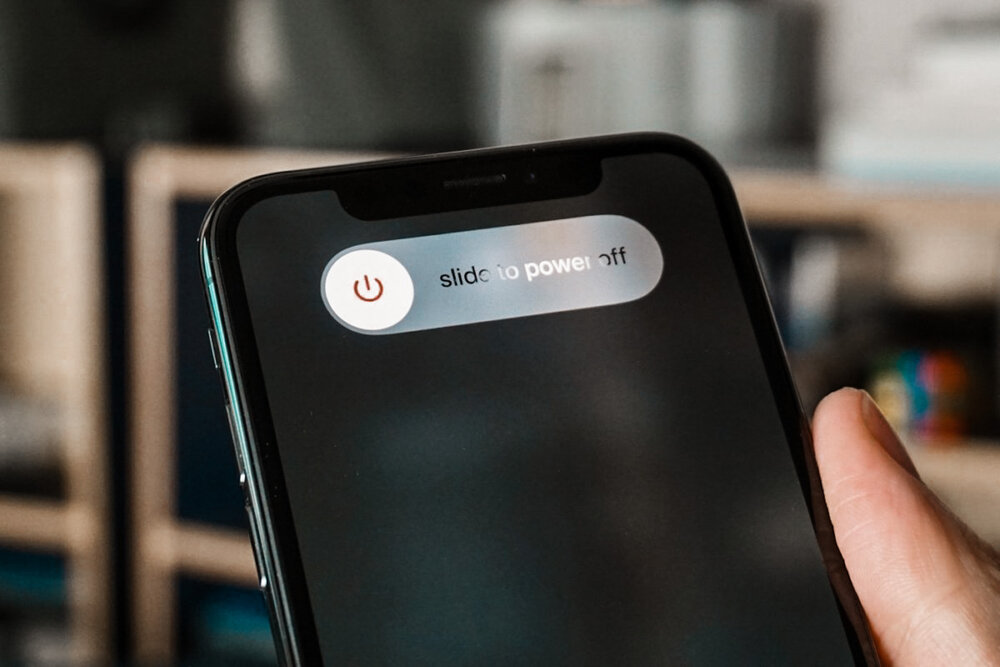

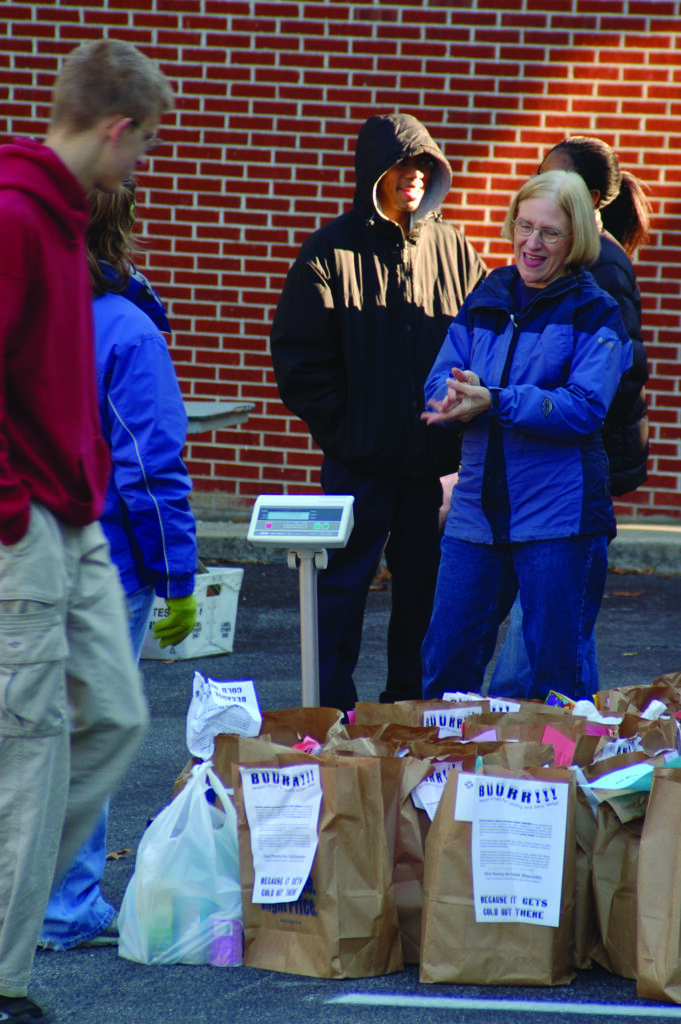
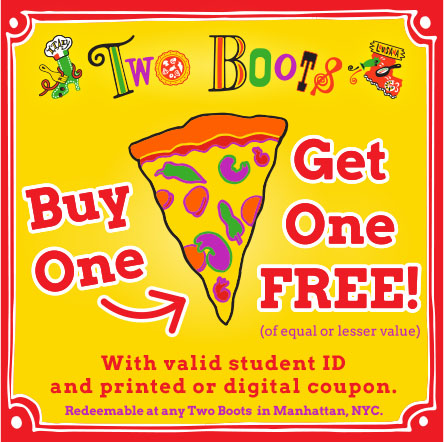
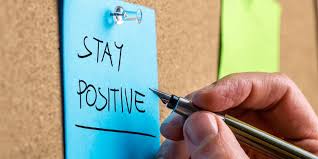

 Do not get discouraged because there are so many people going through the same exact thing. This is just life. It may get harder, but that is why you must be happy. Because if you aren’t happy with what you are doing, it will be harder to face the many obstacles that may come your way.
Do not get discouraged because there are so many people going through the same exact thing. This is just life. It may get harder, but that is why you must be happy. Because if you aren’t happy with what you are doing, it will be harder to face the many obstacles that may come your way.
